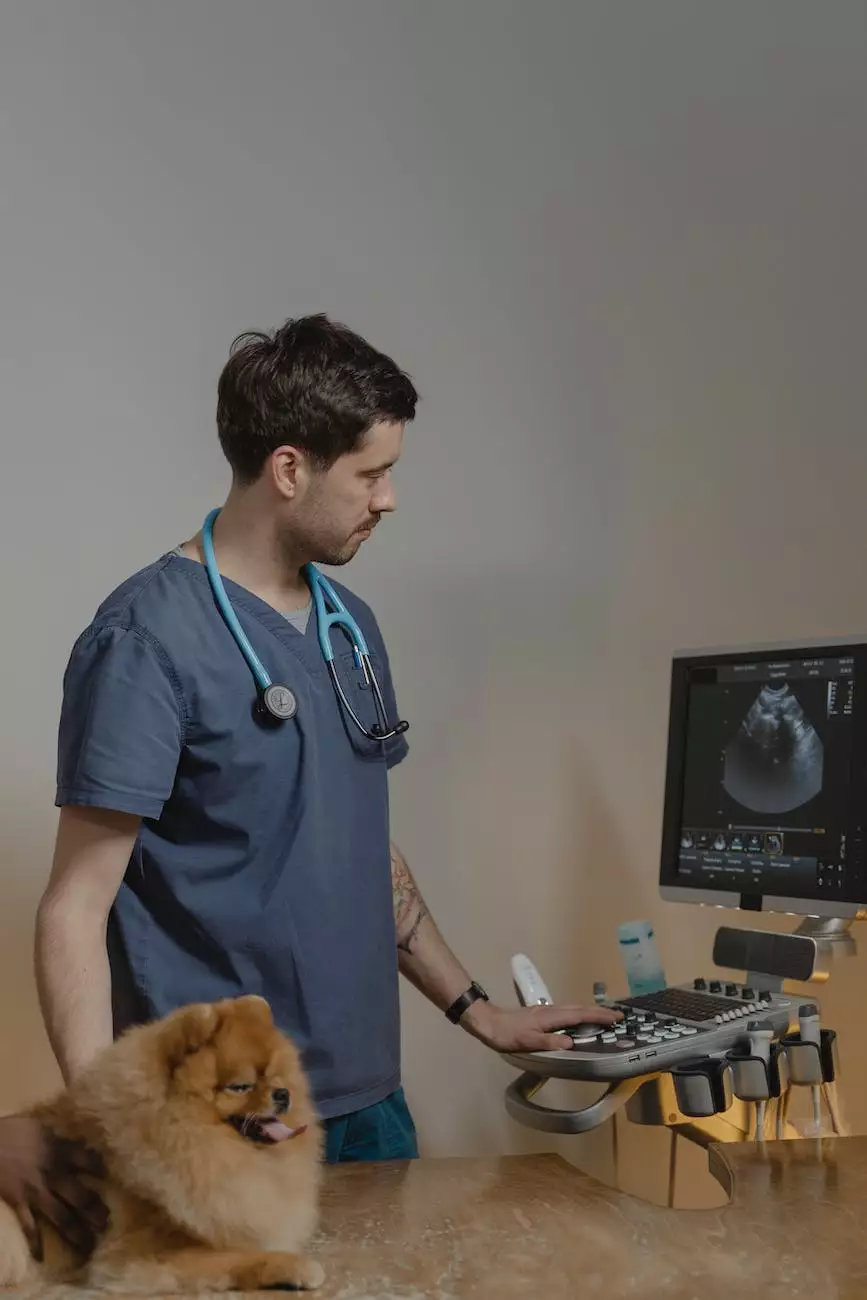What Are Some Early Signs of Colon Cancer?
Blog
If you are concerned about colon cancer, it is important to be aware of the early signs and symptoms. Early detection plays a crucial role in successful treatment and outcomes. In this article, Richard Martinez, MD, a leading expert in the field of colon cancer, provides comprehensive information on the early signs of colon cancer and how to identify them.
Understanding Colon Cancer
Colon cancer, also known as colorectal cancer, develops in the colon or rectum. It is the third most common cancer in both men and women. While the exact cause of colon cancer is still unknown, certain factors such as age, family history, and lifestyle choices can increase the risk.
Typically, colon cancer begins as small, noncancerous clumps of cells called polyps on the inner lining of the colon or rectum. Over time, these polyps can turn into cancerous growths. Detecting colon cancer in its early stages is crucial for effective treatment.
Early Signs of Colon Cancer
Recognizing the early signs of colon cancer can help in early detection and early intervention. It is important to note that these symptoms can also be caused by other conditions, but it is always advisable to consult with a healthcare professional for an accurate diagnosis. Some of the early signs of colon cancer include:
- Changes in Bowel Habits: Persistent changes in bowel movements, including diarrhea or constipation, should not be ignored. Pay attention to any significant changes in frequency, consistency, or appearance of stool.
- Blood in Stool: The presence of blood in your stool, which may appear bright red or dark, can be indicative of various conditions, including colon cancer. If you notice blood, it is important to seek medical attention immediately.
- Abdominal Discomfort: Cramps, pain, or discomfort in the abdominal area that persists for an extended period of time should be evaluated by a healthcare professional. This discomfort may or may not be accompanied by other symptoms.
- Unexplained Weight Loss: If you are experiencing unexplained weight loss without any changes in diet or physical activity, it could be a sign of an underlying health condition, including colon cancer. Consult with a healthcare professional for further evaluation.
- Fatigue and Weakness: Experiencing persistent fatigue or weakness that cannot be attributed to other causes should not be ignored. These symptoms can be associated with multiple health conditions, including colon cancer.
- Iron Deficiency Anemia: Iron deficiency anemia occurs when there is a decrease in the number of red blood cells due to insufficient iron levels. It can be a result of bleeding in the digestive tract, including the colon. If you have been diagnosed with anemia, it is important to investigate further.
When to Seek Medical Attention
If you experience any of the aforementioned symptoms or have concerns about colon cancer, it is important to seek medical attention. Remember that early detection significantly improves treatment outcomes and prognosis. A healthcare professional can provide a proper evaluation, diagnosis, and guidance on the next best steps.
Conclusion
Colon cancer is a serious condition, but early detection and intervention can greatly improve outcomes. Understanding the early signs and symptoms is crucial to prompt diagnosis and effective treatment. Richard Martinez, MD, encourages individuals to prioritize their health and seek medical attention if they have any concerns about colon cancer.
For more information or to schedule a consultation, contact Richard Martinez, MD today. Dr. Martinez and his team are dedicated to providing comprehensive care and support to individuals dealing with colon cancer.










